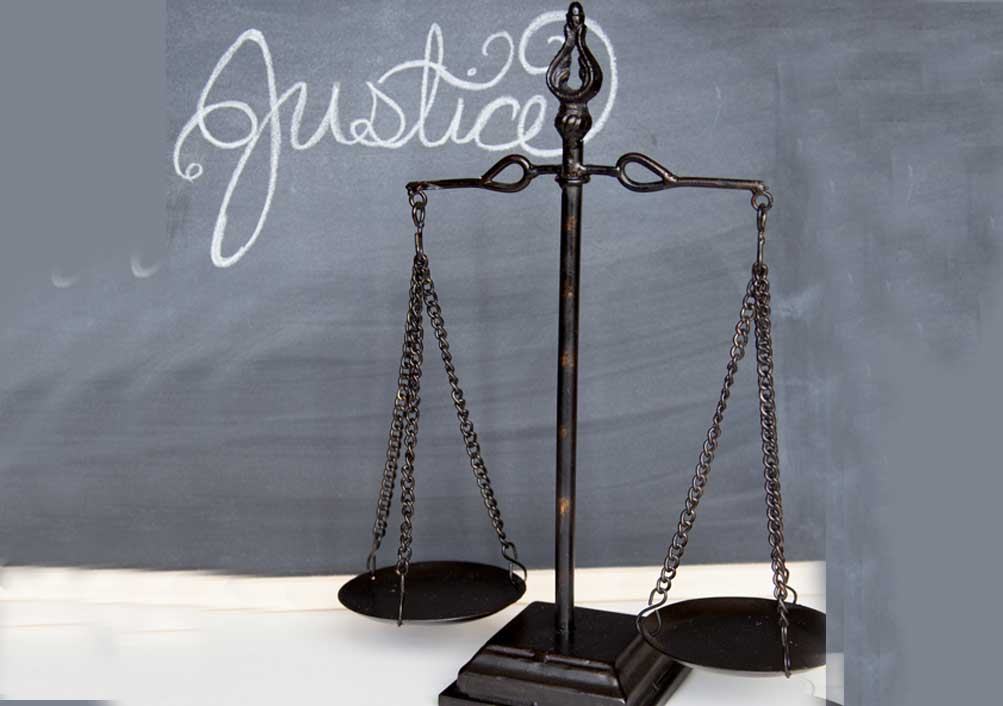UK: Daughter of 13-year-old raped in 1970s wins justice at last

The Guardian
August 2, 2021: It started with Jimmy Savile and it ended nine years later in an airless courtroom in Birmingham.
Daisy, now 45, was taken into care days after her birth and was adopted when she was seven months old. She had known since she read her social services files aged 18 that her birth mother was 13 years old when she was born and her birth father was Carvel Bennett, then 28. The files dating back to 1975 state: “The matter was investigated by police but never brought to court.”
While the discovery was profoundly shocking and disturbing, it wasn’t until the scandal broke about Jimmy Savile’s prolific sex abuse – including the rape of dozens of children – that she decided to try to track down her birth father in the hope of getting him prosecuted for raping her birth mother.
Daisy battled with the police and other agencies for almost a decade before Bennett was charged. For much of that time she encountered reluctance to bring the prosecution because she was told it was her birth mother, not her, who was the victim of the crime in legal terms. In going public with her story she hopes to raise awareness that children conceived through rape are victims, too.
Speaking exclusively to the Guardian, she said: “I’m a walking crime scene. I wanted justice for my mum and I wanted justice for me. The ramifications of what Bennett chose to do have shaped my entire life. It’s because of that crime that I’m alive. I’m living, breathing proof of a child rape.”
Daisy was adopted by a white family and struggled with her childhood in an overwhelmingly white environment. “I can remember being really little and thinking about my birth mother every day. I didn’t think about my paternity but race was a huge issue for me,” she said.
Daisy made contact with her birth mother after she turned 18 and first met her when she was 20.
When the Jimmy Savile scandal broke in 2012, Daisy became determined to track down her birth father and bring him to justice. It was a bitter blow when police informed her that Bennett could not be prosecuted on the basis of her evidence because she was not the victim of the alleged rape.
In a letter dated 2 April 2015, the professional standards department at West Midlands police said to Daisy that her complaint fell into the category of: “vexatious, oppressive or otherwise an abuse of process”.
“I have been harmed directly by the perpetrator’s actions,” she said. “To be informed that my complaint is vexatious when a child sex offender is living out his retirement in the same town in which he committed a serious sexual offence against a child is shocking to me.”
Daisy says she wants to see major changes in the law, including to the legal definition of who is a victim, and greater accountability from the police and from councils. “I would like an apology from both police and social care for failing 46 years ago until the present day,” she said. “They have left children in Birmingham at risk of a child rapist.”
While Daisy’s journey towards justice has been long and difficult, she said there have been some positives. “I’ve changed. I’ve realised my own power and persistence. I’ve had some really dark times but the injustice has been so unpalatable that it has shown me my own determination.”
A Ministry of Justice spokesperson said: “Supporting victims of sexual violence remains a priority for this government. The entire criminal justice system’s response to rape is being transformed through our Rape Action Plan and an extra £51m is being invested in specialist support services.”
A spokesperson for West Midlands police said that after being approached by Daisy they had made contact with her birth mother, who did not wish to pursue a prosecution at the time.
The spokesperson said: “The law does not recognise this person as a victim and there was not enough evidence for a prosecution. [She] was advised of this. The complaint legislation is very specific about who and when a complaint can be made and her complaint, having been informed by the Public Protection Unit of why the crime could not be progressed, met the criteria of being ‘vexatious, oppressive or otherwise an abuse of the complaints procedures’.”
The prosecution against Bennett proceeded when Daisy’s birth mother decided she wanted to testify. Carvel was convicted of raping her on 2 August.
Daisy said: “I am so proud of my birth mother for her courage and bravery; the same courage and bravery she displayed as a vulnerable child but tragically was let down in terms of protection and justice. I hope that her strength and dignity encourages other survivors to come forward.”
Disclaimer: This article was originally published by the Guardian.
Sign up for our weekly newsletter to stay up to date on our product, events featured blog, special offer and all of the exciting things that take place here at Legitquest.




Add a Comment